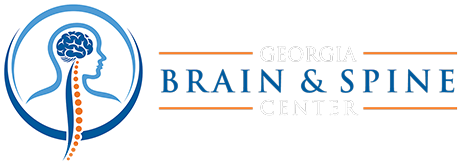 Spinal surgery is typically highly effective for people who experience chronic back pain. However, there are exceptions. In some cases, pain and other symptoms can return either immediately or in the months (or years) following surgery. This is what is known as “failed back syndrome”. Failed back syndrome can affect any level of your spine and become a considerable source of frustration for both the patient and the surgeon alike.
Spinal surgery is typically highly effective for people who experience chronic back pain. However, there are exceptions. In some cases, pain and other symptoms can return either immediately or in the months (or years) following surgery. This is what is known as “failed back syndrome”. Failed back syndrome can affect any level of your spine and become a considerable source of frustration for both the patient and the surgeon alike.
There are several potential causes of failed back syndrome following surgery. This includes the development of scar tissue, recurrent or persistent disc disease, further narrowing of the spinal canal, instability of the vertebrae, non-fusion of the spine, nerve issues, a post-surgery infection, or improper alignment of the spinal column. Regardless of its cause, failed back syndrome must first be dealt with before the patient’s new life without back pain and discomfort can begin.
The first step in treating failed back syndrome is undergoing a comprehensive exam to determine the root cause of the continued symptoms. Here at Georgia Brain & Spine Center, our experienced neurosurgeons conduct thorough examinations, including imaging studies, and a detailed breakdown of the patient’s history of back pain and treatment before any diagnosis can be made. Once we are confident in a diagnosis, we will present a series of treatment options that can help provide our patient relief.
Our first preference is to begin with non-surgical treatments like physical therapy, analgesics, spinal injections, or other options when possible. These treatments are often very effective and it's understandable for these patients not to be excited about the prospect of additional surgery. If the non-surgical approach is not able to help or not an option for the patient, spinal surgery may be chosen for some to address the symptoms. Our neurosurgeons Dr. Elias Dagnew and Dr. Michael Hartman specialize in using minimally invasive spinal surgery techniques. This may involve decompressing narrow areas around nerve roots, stabilizing and fusing unstable vertebrae, or using techniques like neuromodulation or spinal cord stimulation to help control chronic spinal pain.
We understand how difficult it can be to go through the spinal surgery process only to find out that additional procedures may be required. However, it’s important not to get discouraged. Failed back syndrome is a somewhat common occurrence. Our neurosurgeons are trained to help patients who find themselves in this situation get back on their feet again. For more information, or if you would like a second opinion on an initial diagnosis, please contact Georgia Brain & Spine Center at 1 (800) GO-SPINE to schedule a consultation today. You can also follow along with us on Facebook and Twitter for the latest news, updates, and much more.
- Written by Webmaster Webmaster
- Category: Blogs Blogs
- Published: 14 December 2020 14 December 2020
